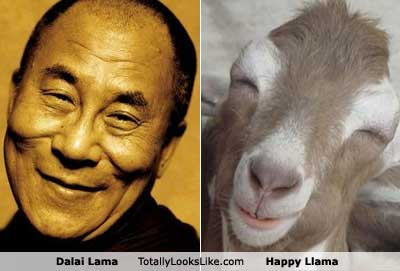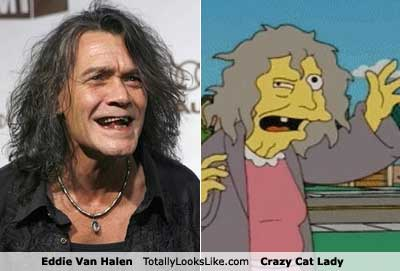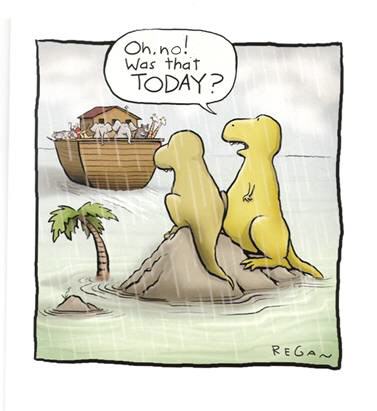“It is not scientific doubt, not atheism, not pantheism, not agnosticism, that in our day and in this land is likely to quench the light of the Gospel. It is a proud, sensuous, selfish, luxurious, church-going, hollow-hearted prosperity.”
What year do you think the above quote was written?
What do you think about the above quote?
 We’re flying through Francis Chan’s Crazy Love in our Tuesday morning men’s study here at Legacy. Chapter four, Profile of the Lukewarm, begins with this quote and then outlines, with extensive use of the Scriptures, a portrait of a Christ-follower who’s not all in, a Christian who holds back, a disciple who hasn’t totally surrendered to our Lord:
We’re flying through Francis Chan’s Crazy Love in our Tuesday morning men’s study here at Legacy. Chapter four, Profile of the Lukewarm, begins with this quote and then outlines, with extensive use of the Scriptures, a portrait of a Christ-follower who’s not all in, a Christian who holds back, a disciple who hasn’t totally surrendered to our Lord:
Lukewarm people say they love Jesus, and he is, indeed, a part of their lives. But only a part. They give him a section of their time, their money, and their thoughts, but he isn’t allowed to control their lives.
Lukewarm people give money to charity and to church as long as it doesn’t impinge on their standard of living. If they have a little extra and it is easy and safe to give, they do so. After all, God loves a cheerful giver, right?
Lukewarm people don’t really want to be saved from their sin; they want only to be saved from the penalty of their sin. They don’t genuinely hate sin and aren’t truly sorry for it; they’re merely sorry because God is going to punish them. Lukewarm people don’t really believe that this new life Jesus offers is better than the old sinful one.
Lukewarm people love others but do not seek to love others as much as they love themselves. Their love of others is typically focused on those who love them in return, like family, friends, and other people they know and connect with. There is little love left over for those who cannot love them back, much less for those who intentionally slight them, whose kids are better athletes than theirs, or with whom conversations are awkward or uncomfortable. Their love is highly conditional and very selective, and generally comes with strings attached.
Lukewarm people will serve God and others, but there are limits to how far they will go or how much time, money, and energy they are willing to give.
Lukewarm people feel secure because they attend church, made a profession of faith at age twelve, were baptized, come from a Christian family, vote Republican, or live in America. Just as the prophets in the Old Testament warned Israel that they were not safe just because they lived in the land of Israel, so we are not safe just because we wear the label Christian or because some people persist in calling us a “Christian nation.”
Whoa. These are strong words, huh?
Chan says in this same chapter that if you really, really want to live out a full New Testament Christianity, the American church is a difficult place to fit in. Is that true?
How does my life, how does my church, measure up to David who refused to “sacrifice a burnt offering that costs me nothing?” How do I compare with the widow that Jesus observed giving all that she had to live on out of her poverty, compared to the rich who gave out of their wealth? How well do I follow my Lord’s directives to deny myself, take up my cross, and really follow him? Do I, like Paul, truly desire to share in Christ’s sufferings? Do I really consider others better than myself? Do I genuinely see the needs of others as more important than my own needs?
My Savior came, not to be served, but to serve and to give his life.
What about me? Have I totally and completely surrendered to Christ? Or am I holding something back? Seriously.
More on this tomorrow. What do you think?
By the way, the quote is taken from an article in Forum magazine written by Frederic D. Huntington. In 1890.
Peace,
Allan














Recent Comments